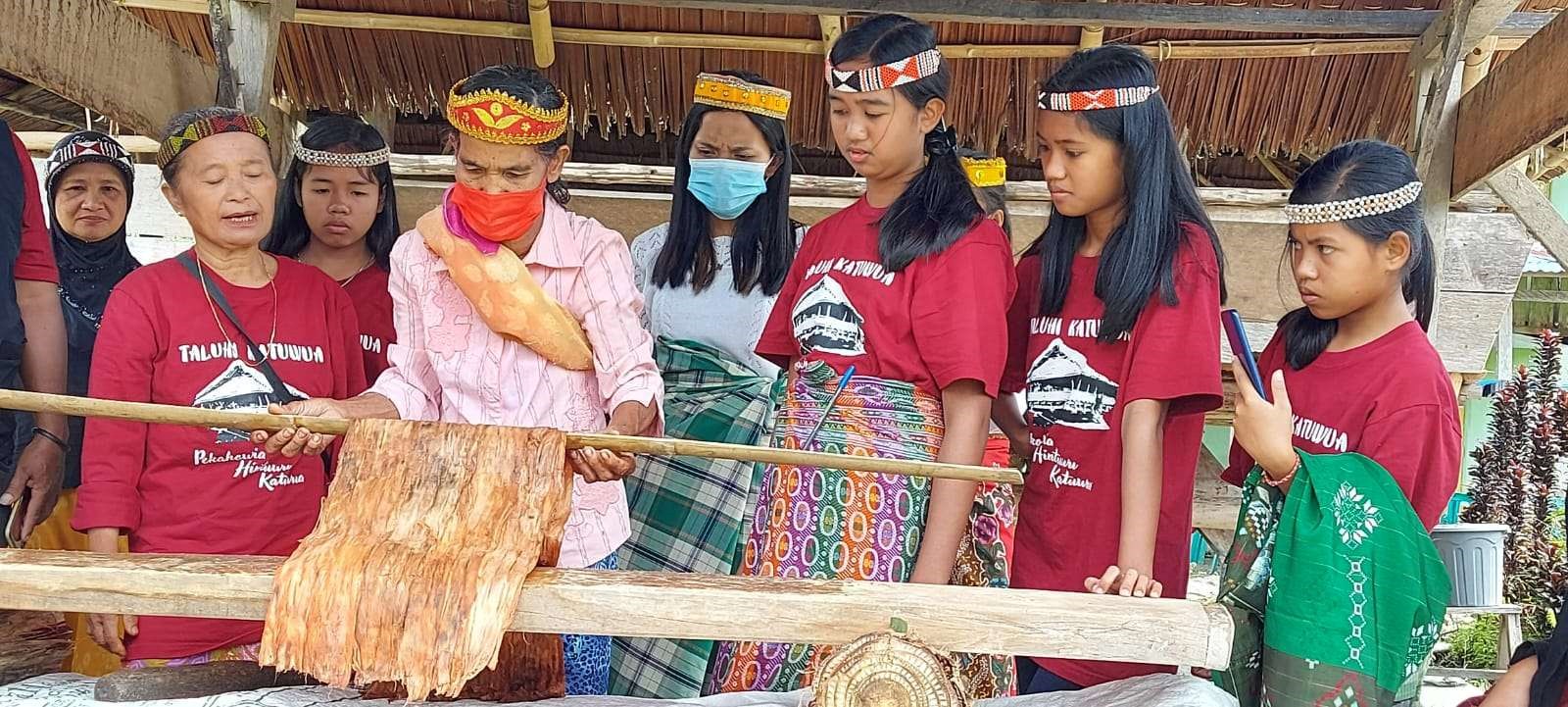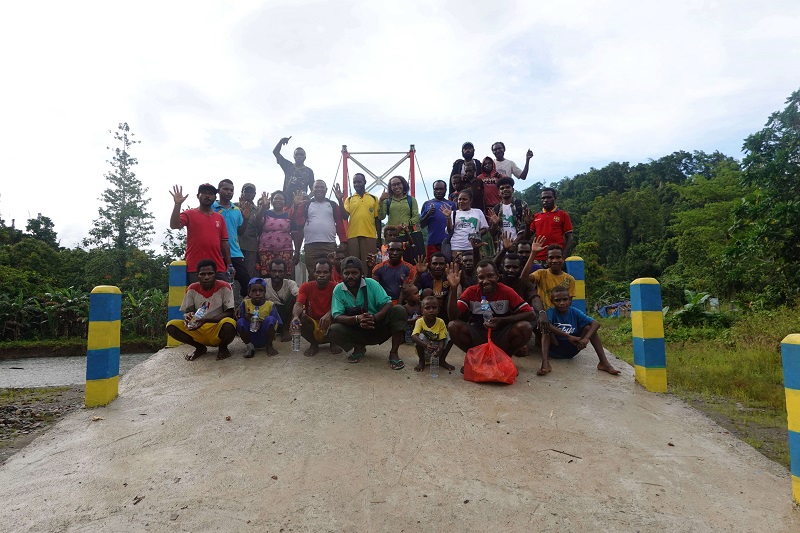FORCLIME
Forests and Climate Change ProgrammeTechnical Cooperation (TC Module)

Select your language

With the purpose of preparing a modern nursery capable of producing good quality seeds, the Central Su-lawesi Provincial Forestry Service, led by its head and accompanied by the Head of Watershed Manage-ment and Forest and Land Rehabilitation, as the technical officer in charge of seed management at this facility, paid a visit to the Rumpin Seed Source and Nursery Center (RSSNC) in Bogor, West Java on 31 March 2022. This activity, which was supported by FORCLIME, was organized in order to secure data and information on the primary and supporting facilities available at this modern nursery, as well as to gain information on the procedures and stages involved in seed production processes capable of producing high-quality seeds.
This working visit is expected to result in recommendations relating to the implementation of follow-ups at the forest plant nursery that is currently in operation at the Forestry Service of Central Sulawesi Province. In this regard, the information that was obtained during this visit to the RSSNC will hopefully be adopted, replicated and/or modified in accordance with the prevailing conditions in Central Sulawesi in order to produce high-quality seeds that are capable of supporting efforts to increase the success of forest and land rehabilitation activities.
For more information, please contact:
Fikty Aprilinayati, Advisor for Sustainable Forest Management and Biosphere Reserve Management
Ismet Khaeruddin, Senior Advisor for the Biodiversity Focal Point for the KFW Forest Program 3 and Provin-cial Coordinator for Central Sulawesi

The traditional culture that is practised in the village of Toro in Central Sulawesi is sadly dying out. Indeed, the number of craftsmen skilled in the art of working with bark cloth is dropping precipitously as younger members of the community become progressively less familiar with this traditional artform. In response to this decline, FORCLIME offered its support for efforts that are being made by the Toro Village Customary Women's Organization (OPANT) to preserve the culture of bark cloth production and its utilization as a handicraft of economic value, including as wall decorations, through a number of sharing sessions for women and students that were held at the Toro Village Traditional School. This activity took place between 25 - 27 March 2022 at the school and began with the planting of 200 seeds that will grow into the raw materials used to produce bark cloth, specifically the banyan tree (which is known as the nunu tree in the local language). Prior to the planting, the seeds had been prepared in natural polybags made from banana tree trunks and midribs.
During the activity, various discussions and experience sharing sessions were held that addressed:
- The types of products that can be created from bark cloth.
- The establishment and arrangement of women’s groups institutions that engage in bark cloth craft and entrepreneurship.
- The potential market for bark cloth crafts, including the forest management unit (KPH) gallery
In the wake of this sharing session, it is expected that the female students of the Toro Village Traditional School and the women of Toro will be able to boost their incomes through the production of bark cloth handicrafts. In addition, the village women have now assumed responsibility for the sustainability of the banyan tree, the source of the bark cloth material.
For more information, please contact:
Fikty Aprilinayati, Advisor for Sustainable Forest Management and Biosphere Reserve Management
Ismet Khaeruddin, Senior Advisor for the Biodiversity Focal Point for the KFW Forest Program 3 and Provincial Coordinator for Central Sulawesi

As a follow-up to the selection of FORCLIME-supported villages in Tambrauw, West Papua, the FORCLIME team, working in conjunction with the staff of the Tambrauw Production Forest Management Unit (KPHP), visited the villages of Emaus and Bikar between 17 - 20 March 2022. This activity was initiated as part of efforts to inform the local communities of activities planned by the West Papua Forestry Service and KPHP Tambrauw in conjunction with FORCLIME in order to support the implementation of the social forestry programme across the two villages.
The delegation was welcomed by the local communities of the two villages and the event was also attended by the local village heads. The Head of KPHP Tambrauw and the FORCLIME team then proceeded to present the planned empowerment activities, including support for area management, institutional strengthening and capacity strengthening for Forest Farmers Groups. The FORCLIME team also outlined the Free Prior Informed Consent (FPIC) process that will be implemented prior to the execution of a series of assistance programmes in order to gain the consent of the local communities.
The local communities of the villages of Bikar and Emaus verbally conveyed their acceptance and revealed a high level of enthusiasm for the joint activities.
For more information, please contact:
Melanesia Brigite Boseren, Junior Advisor for Rural Livelihood, Forest Management and Conservation
Mohammad Sidiq, Strategic Area Manager for Sustainable Forest Management and Coordinator for Papua and West Papua Provinces
 |
Supported By: |
  |